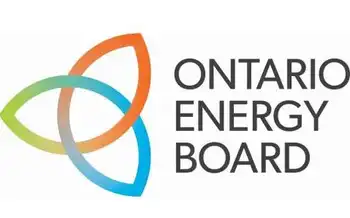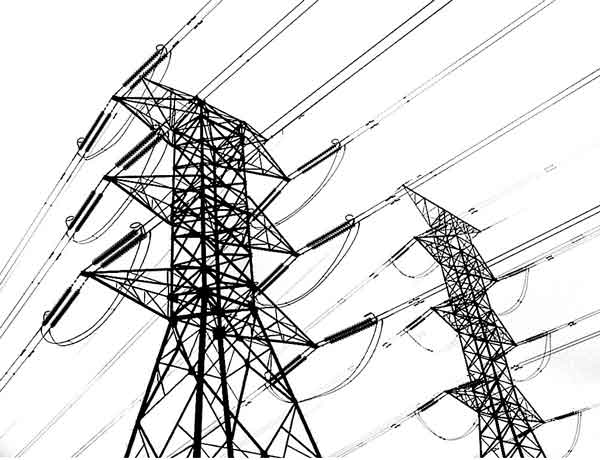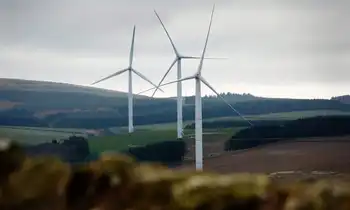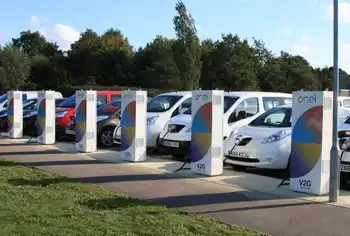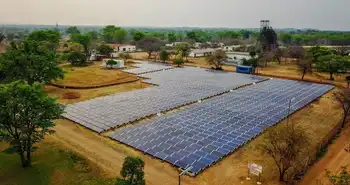Alberta Seeks Evidence It Was Targeted by Enron
By Reuters
NFPA 70e Training - Arc Flash
Our customized live online or in‑person group training can be delivered to your staff at your location.

- Live Online
- 6 hours Instructor-led
- Group Training Available
The Snohomish County Public Utility District shook up Alberta's power sector recently when it released documents and tapes it said showed Enron, the bankrupt energy trader, artificially inflated power prices in the province in 1999 as part of a scheme called "Project Stanley".
"We're on the file, we've had great cooperation from Snohomish in terms of providing us the information that they have, and I would think that within a couple of days we're certainly going to have characterized whether it's new or old," said Martin Merritt, chief executive of Alberta's Market Surveillance Administrator.
An attorney with the Snohomish utility, located north of Seattle, told Reuters it appeared that Enron used Alberta to test-market trading techniques code-named "Fat Boy" and "Death Star". Those techniques became notorious during the 2000-2001 California power shortages.
The Snohomish utility released the Alberta materials and others involving Enron's U.S. activities as part of its efforts to have declared void a $122 million lawsuit filed against it by Enron.
In December 1999, the Canadian Competition Bureau launched an investigation into "behavior that appeared to be consistent with criminal bid-rigging" on the part of Enron and Powerex, a unit of BC Hydro, after being alerted by Alberta's power pool.
But the bureau closed its books on the matter in late 2000, saying it found no evidence of collusion on bids. An official with Powerex said last week the Snohomish evidence was a "rehash" of material that was studied in that case.
"One thing I can say for sure is, if it is old information about an old file, it may simply be that we now know that an activity that we investigated five years ago was called Project Stanley," said Merritt, whose organization is in charge of overseeing and investigating the power sector Alberta, a province of three million people.
"It may simply be the titillating value of knowing what the internal handle was," he said.
A spokeswoman for Alberta Energy Minister Greg Melchin said the provincial government also wants to know if the material includes any new evidence.
A big question is how Enron was able to reap large, nefarious profits in Alberta's power industry in 1999, when supply and trading were still two years away from being fully deregulated by the government of Premier Ralph Klein.
At the time, the province's "legacy" utility firms, including TransAlta Corp. and Atco Ltd., were responsible for generating and suppling electricity.
The one exception was Enron's and Powerex's ability to import power from British Columbia through an interprovincial tie line, which was the subject of the Competition Bureau investigation, Merritt said.
In 2000, the province auctioned off the rights to sell wholesale power from Alberta's plants. Enron's Canadian unit was a successful bidder, but it sold the so-called power purchase arrangement when its parent collapsed in late 2001.
After poring over the Snohomish material, the Alberta administrator said he will determine if there are still any parts of the market that should be changed to prevent abuse.





